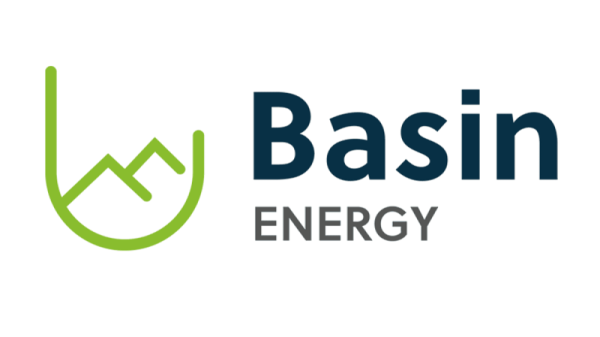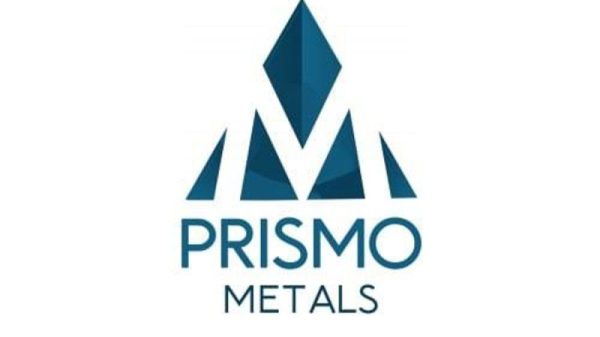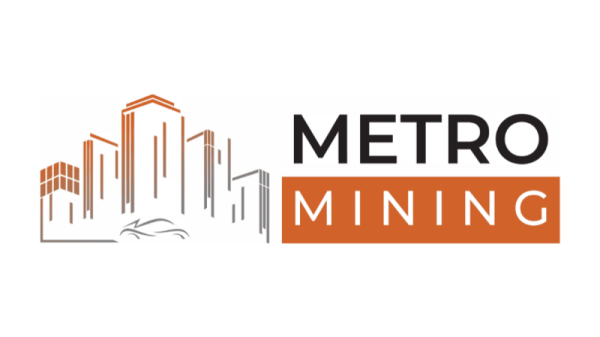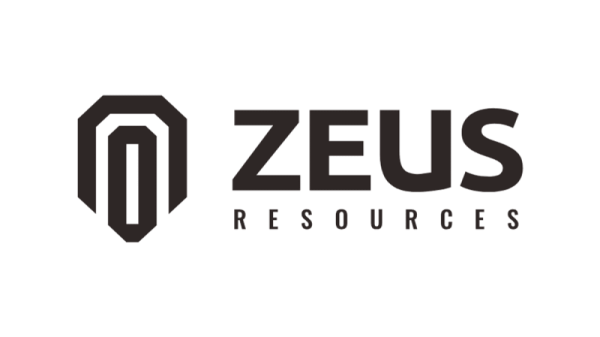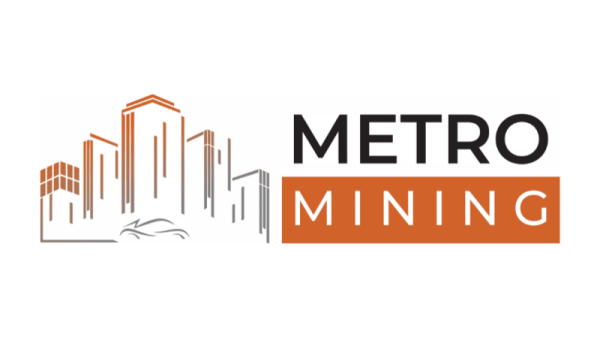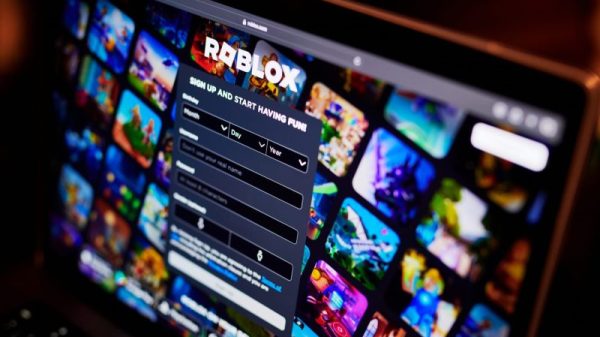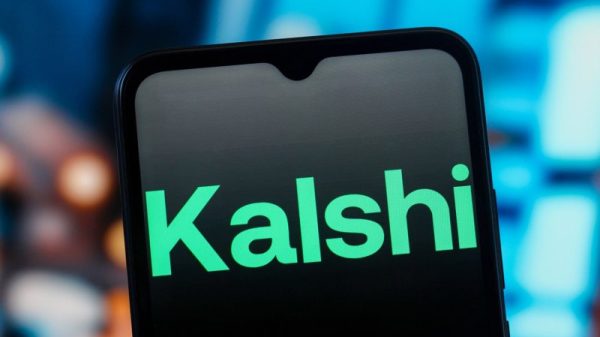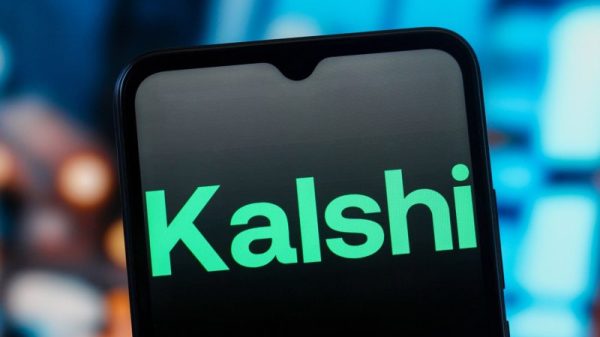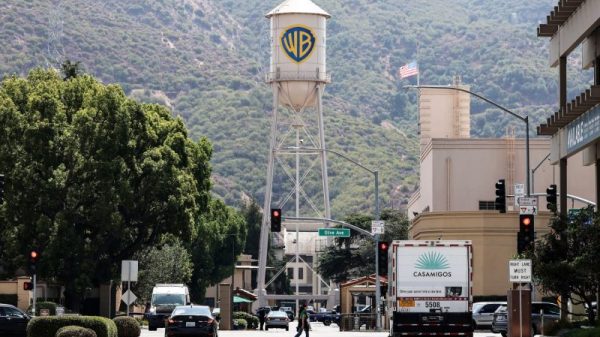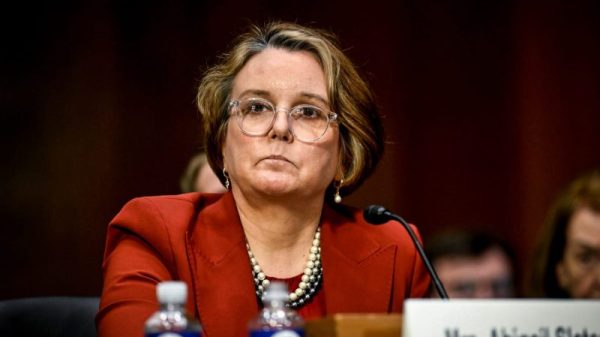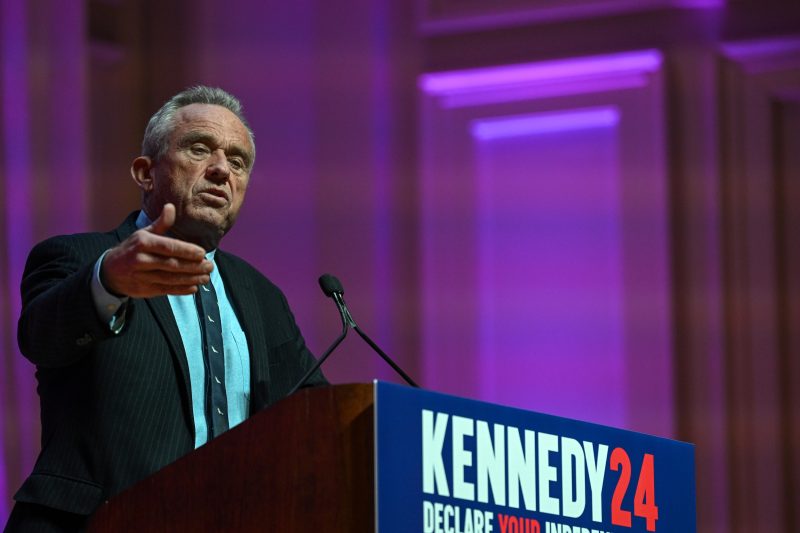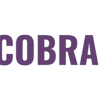A super PAC backing independent presidential candidate Robert F. Kennedy Jr. spent more than $2.4 million on a now-abandoned plan to gather signatures to help him achieve ballot access, without producing anything that will be used by the Kennedy campaign, according to new campaign finance disclosures.
American Values 2024 announced in December that it would spend between $10 million and $15 million to collect signatures for Kennedy’s ballot access in 10 states. The group then expanded the list to 15 states in February, when the Democratic National Committee filed a complaint to the Federal Election Commission arguing that the plan violated campaign finance laws.
Weeks later, group co-founder Tony Lyons announced a sudden end to the program because, he said, the campaign had signaled publicly it was “pursuing ballot access in all states.” Lyons said Friday in a statement to The Washington Post that none of the signatures collected by the PAC, including completed petitions for Michigan, Arizona, South Carolina and Georgia, were given to the campaign.
“While our PAC could legally gather signatures, we saw no purpose in competing with the campaign. It has become clear that they didn’t and don’t need our help,” Lyons said. “As a result, our priorities have shifted, at least for now, toward countering the DNC’s desperate attempts to mislead the public with respect to Mr. Kennedy’s character and policies.”
Carlos Sierra, a Kennedy campaign organizer, told other Kennedy backers in a Zoom call this month, that the super PAC’s signatures in Arizona would not be used, according to a recording of the meeting obtained by The Post.
“We are going to be getting Arizona all over again, so those of you that are on this call from Arizona, we are going to have to go back and get those signatures, so don’t think it is over yet. It is not,” Sierra said.
The Natural Law Party announced Thursday that Kennedy would appear on its Michigan ballot line, which the Michigan secretary of state’s office confirmed would give him ballot access in that state, making further signatures there unnecessary. The Kennedy campaign has also scheduled events to continue signature-gathering in South Carolina and Georgia, according to its website.
“We will be collecting our own signatures in every state,” Kennedy campaign spokeswoman Stefanie Spear said. “We don’t collaborate with the PAC. What they do is completely separate from what we do. We don’t tell them what to do or know what they are doing unless it is in the press.”
The about-face by American Values 2024, which has raised nearly $34 million through the end of March, marks yet another troubled experiment by outside groups seeking to subsidize the costs traditionally borne by candidates themselves, who can raise only limited amounts of money from individuals. An effort by Florida Gov. Ron DeSantis (R) to fund much of his presidential campaign with unlimited donations from an outside group, Never Back Down, backfired spectacularly in December because of fundraising shortfalls and strategic disagreements between the group’s leaders and the governor’s closest allies. He later dropped out of the race.
Philanthropist Timothy Mellon, a major donor to former president Donald Trump and other Republican-leaning groups, is the top donor to American Values, with $20 million in contributions. An investment company affiliated with Nicole Shanahan, Kennedy’s pick as running mate, gave the group $4 million in January to pay for a pro-Kennedy Super Bowl ad. An adviser to Kennedy, Gavin De Becker, has given or lent the group $14.2 million, of which $9.65 million has been refunded, according to federal records.
The idea of splitting the costly and laborious signature-gathering efforts between the campaign and the Kennedy super PAC originated last year, when Kennedy decided to run as an independent and suddenly faced a daunting challenge of gathering nearly 1 million signatures to appear on every ballot as an independent. Early on, there was interest at the campaign about finding a way to offload the significant costs.
Christine Kramar, Kennedy’s first director of ballot access, said she was approached in October by Amaryllis Fox Kennedy, the candidate’s daughter-in-law who took over as campaign manager that month, with a question about dividing the signature workload with the super PAC. Campaigns are not allowed by law to privately coordinate most spending with super PACs like American Values 2024, which can accept unlimited donations.
“She asked me, could I make for her a spreadsheet of which states the PAC could do and which states the campaign could do. I said, I did not feel comfortable,” said Kramar, who separated from the campaign weeks later and went to work for Rep. Dean Phillips (D-Minn.), who briefly ran as a Democratic candidate for president. “I said, I do not want to be in trouble for coordinating with PACs.”
Spear said the question from Fox Kennedy did not indicate any coordination with American Values.
“Of course, it was just a hypothetical,” she said.
Lyons said American Values came up with the idea of paying for ballot access on its own. “We tried to find the most-difficult, most-expensive, most-likely-to-face-a-legal-challenge states,” he said.
The DNC filed a complaint in February arguing that the American Values plan violated the law, arguing that state and federal rules presumed that the candidate handles ballot access, making it impossible for a super PAC to assist without illegally coordinating with the campaign.
“Team Kennedy cannot comply with state ballot access laws in the states in which American Values 2024 intends to operate without the group acting ‘in cooperation, consultation or concert with, or at the request or suggestion of’ Team Kennedy,” the DNC complaint argued, citing language in U.S. law.
At the time, Lyons dismissed the complaint as “another desperate DNC tactic to defame Kennedy, vilify him and drain his campaign funds.” But about two weeks earlier, on a podcast interview, Deirdre Goldfarb, the general counsel for American Values, acknowledged that the plan to use unlimited money to pay for ballot access was likely to face a legal challenge.
“This is untested waters,” she said. “We expect legal challenges. We are geared up for that. It is coming.”
At the time of the DNC complaint, Fox Kennedy said in a statement that the Democratic concerns were a “nonissue” and she was not aware of the campaign receiving any ballot access signatures from American Values.
“I am aware that they have their own signature collection tracker on their public website, but we take our FEC obligation seriously and are not permitted to tell PACs what they should and should not do with their money,” she said in a statement on Feb. 9. “We are grateful for every last scrap of popular support in meeting these anti-democratic hurdles and intend to follow the precise letter of the law as we clear every one of them.”
One of the contractors collecting signatures for the group, Public Appeal LLC, is an affiliate of another petitioning company, Accelevate 2020, whose founder Trey Pool is working with the Kennedy campaign on ballot access. Lyons said all contractors were required to sign a policy requiring them to maintain a firewall with the campaign.
Christina Tobin, who runs Free and Equal Inc., another ballot access contractor for American Values, said that she understood the PAC’s efforts ended because it was clear the campaign was doing the work.
“It was an honor working with American Values. We were on our way and running a successful ballot access drive, and ready to set a precedent. And it was surprising to see the drive stopped,” she said. “I wish them the best of luck with all their endeavors.”






